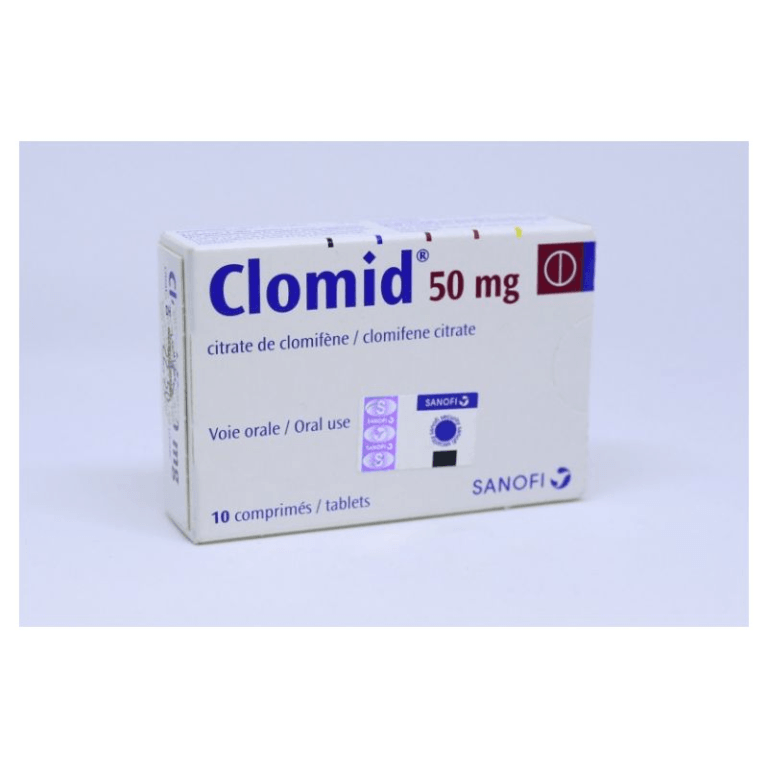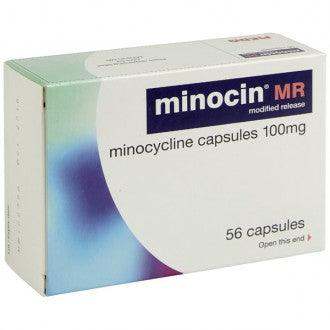
 Instagram
Instagram
Clomiphene Citrate


Related products
The drug Clomid, also known as clomiphene citrate, is frequently prescribed to treat infertility. A SERM (selective estrogen receptor modulator), Clomid inhibits estrogen receptors in the hypothalamus, causing ovulation to be stimulated.
Health Benefits
The most typical application of clomid is to treat infertility, particularly in PCOS-affected female patients. Other causes of ovulatory dysfunction, such as hormonal imbalances, can be treated with clomid. Additionally, Clomid may be used off-label to treat some cancers, including breast cancer.
Risks and Side Effects
Hot flashes, headaches, bloating, and mood swings are Clomid's most frequent side effects. Ovarian hyperstimulation syndrome (OHSS), which can be fatal, is one of the more severe side effects. Shortness of breath, abdominal pain and swelling, as well as quick weight gain, are OHSS symptoms. Any of these symptoms should prompt you to seek medical attention right away.
Dosages and Preparations
50 milligram (mg) tablets of clomid are readily available. On the fifth day of your menstrual cycle, you should start taking 50 mg daily for five days. If you don't ovulate after the initial course of treatment, your doctor might increase your dose. The maximum dose that is advised is 100 mg.
The standard starting dose of 25 mg of Clomid once daily is used in the treatment of cancer. If necessary, your doctor might raise your dose.
Every day, you should take Clomid around the same time. It may be consumed with or without food. You should take the missed dose as soon as you remember. You should skip the missed dose if it is almost time for your next one and carry on with your regular dosing schedule. Two doses shouldn't be taken at the same time.
Interactions and Precautions
If taken while pregnant, clomid can have negative effects and interact with other medications. Before taking Clomid, you should discuss with your doctor any medications you are currently taking. Additionally, if you have any allergies, are pregnant, or are nursing, you should disclose that to your doctor.
Speak to your doctor or pharmacist if you have any questions about Clomid or if you would like more information.
Mechanism of Action
Though its precise mode of action is not fully understood, it is believed that Clomid works by inhibiting the hypothalamic estrogen receptors, which in turn helps to stimulate ovulation.
Pharmacokinetics
After oral administration, clomiphene citrate is quickly absorbed, and peak concentrations are reached in about an hour. It has a half-life of roughly five days and is highly bound to plasma proteins.
Alternatives to Clomid
Gonadotropins and letrozole are just two of the additional drugs that can be used to treat infertility. If you have PCOS, your doctor might also advise making lifestyle changes to help with fertility, like losing weight and exercising.
Clinical Trials
Numerous clinical trials have been carried out to determine how well Clomid works to treat infertility. Although the findings of these studies are conflicting, they generally imply that Clomid is useful in promoting ovulation in females with PCOS and other types of ovulatory dysfunction.
Symptoms of an Overdose
Hot flashes are the most typical sign of a Clomid overdose. Headaches, bloating, and mood swings are some additional symptoms that could exist. Any of these symptoms should prompt you to seek medical attention right away.
Chemistry
A white to pale yellow, crystalline powder is clomiphene citrate. Insoluble in water, ethanol only slightly soluble, and freely soluble in acetone. Clomiphene citrate has the following chemical make-up:
Clomid (clomiphene citrate) is a synthetic estrone sulfate with structural similarities to the hormone estrogen, which occurs naturally in the body. The hypothalamus's estrogen receptors are bound by clomid, which aids in triggering ovulation.




















 Rated Excellent by 26,523+ Reviews
Rated Excellent by 26,523+ Reviews